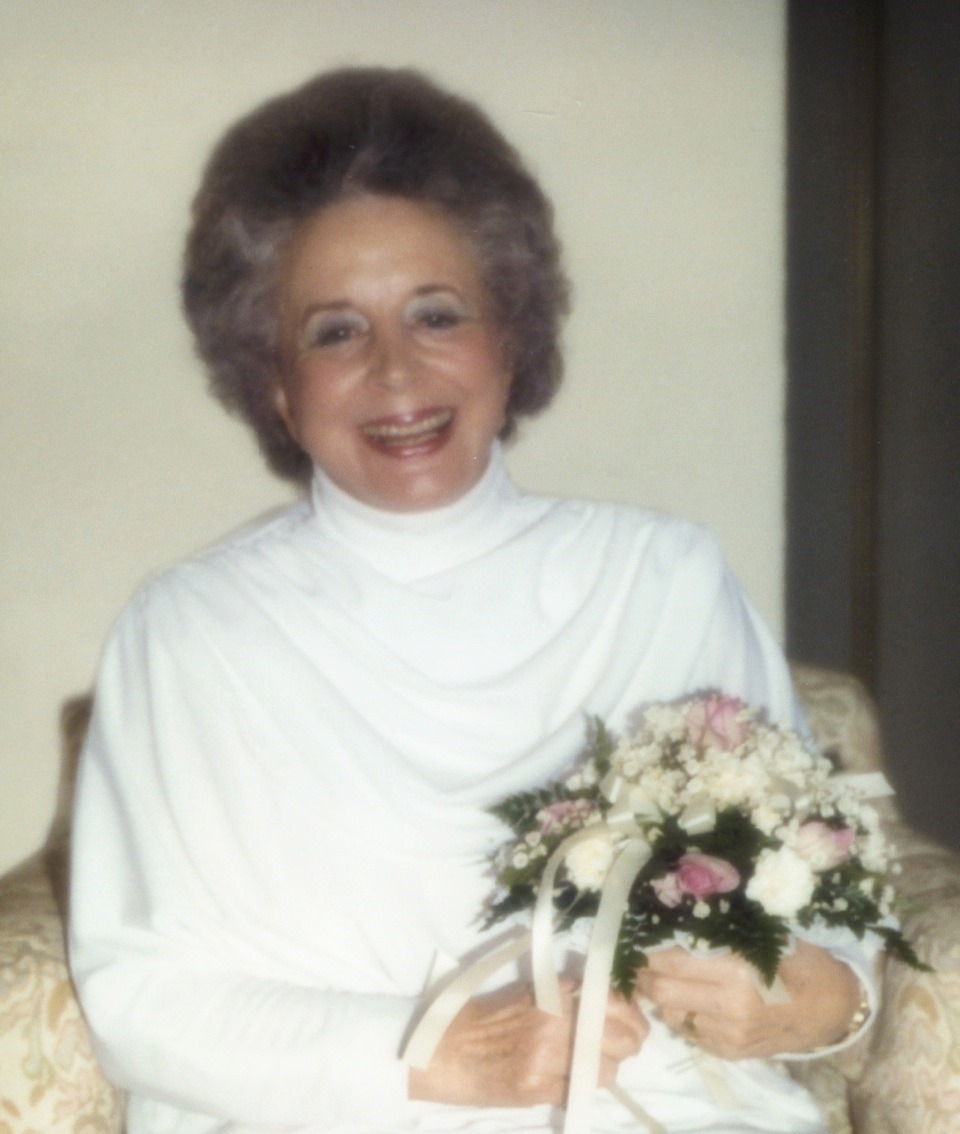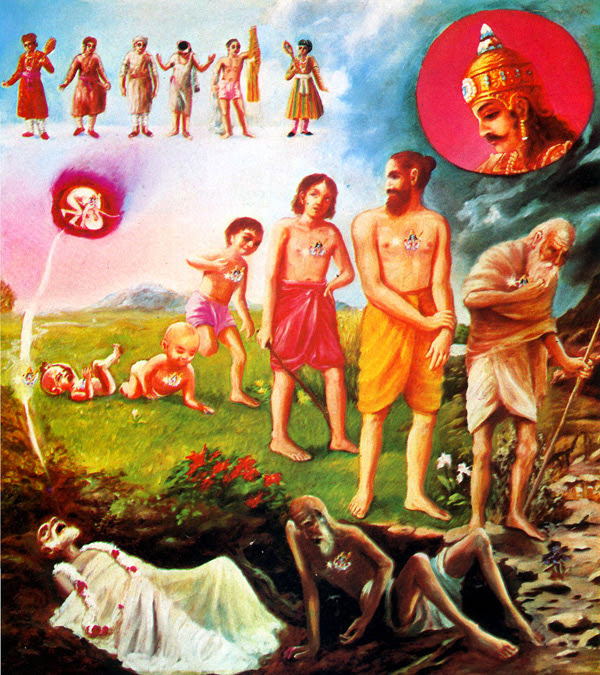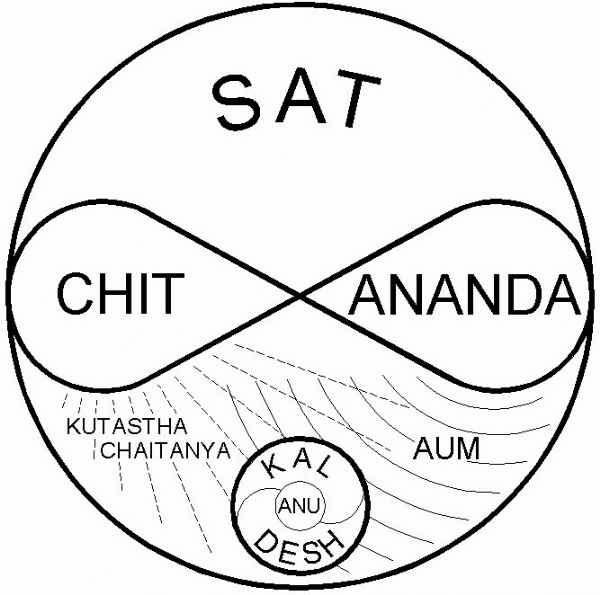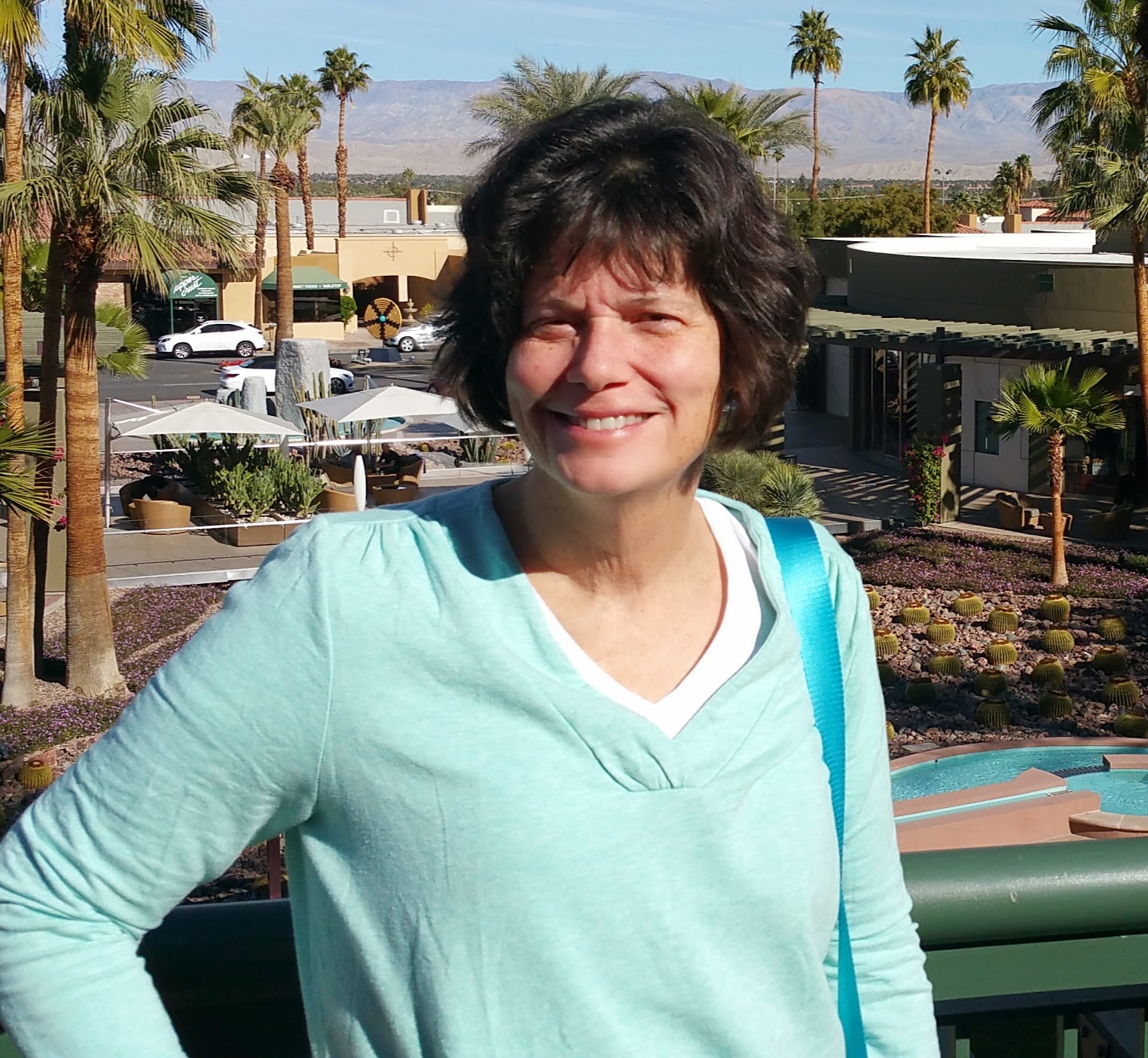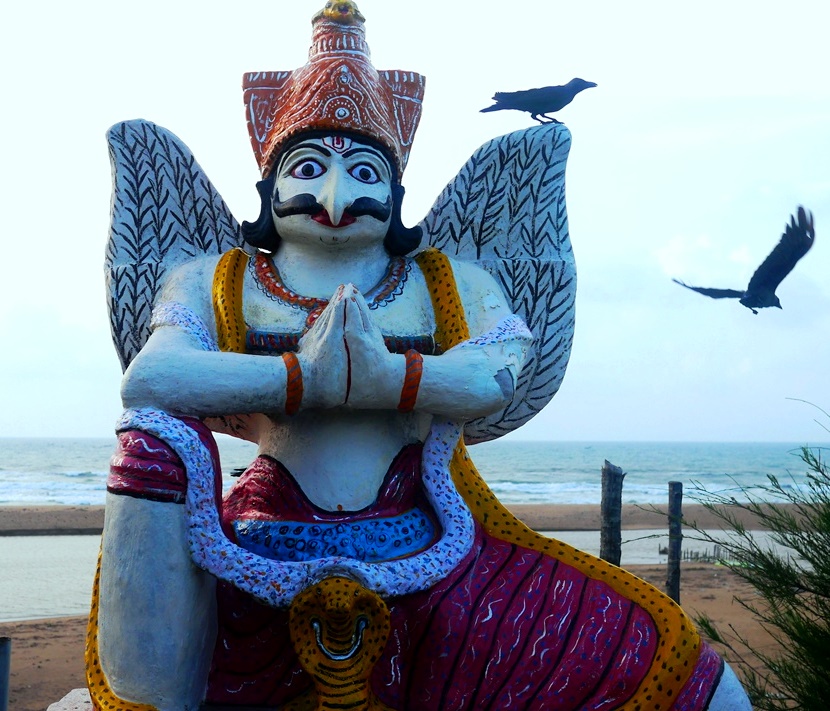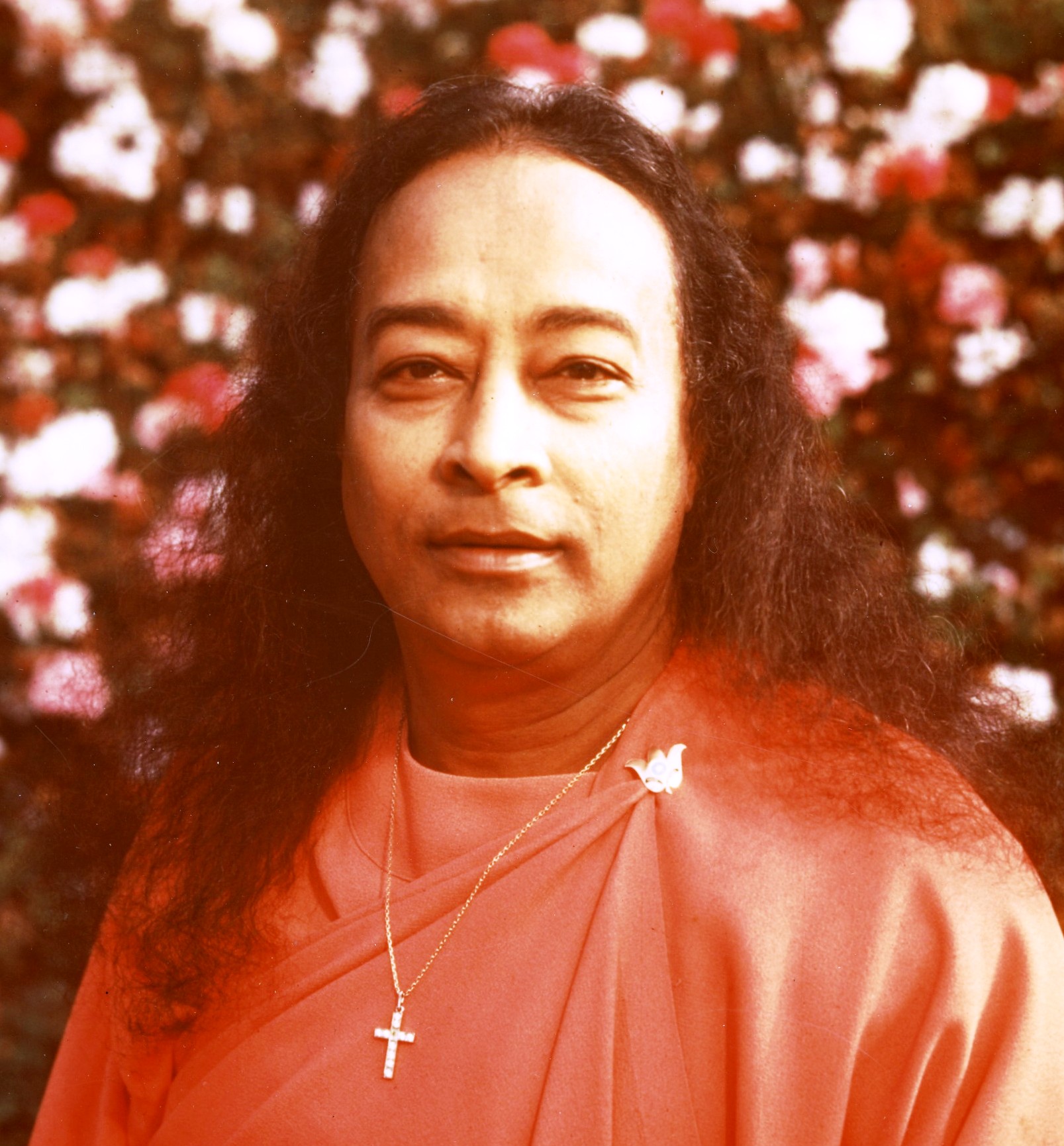On our way down to Mother’s gravesite for the 24th anniversary of her Mahasamadhi we were discussing a new book we were reading on organizing and tidying. On the surface this may not seem to be a “spiritual” subject to be thinking on at that time, but it did remind me of Mother for her practical approach to life.
Once, Mother asked me to come over to help her organize her storage closet at her condominium. She was always very careful with her things and she told stories of how different items came to her, their history, their value etc. This may seem like materialism to some, but Mother was teaching us to have balance in all ways.
Mother knew how to organize. She was a wonderful and inventive interior decorator and once said that if she came back again she would like to do interior design professionally. Then, she added, that of course in her present role as a Guru she was helping to decorate the interiors of disciple’s minds and hearts.
This emphasis on physical beauty and organization disturbed some people’s concept of what a spiritual teacher should be focused on, but Mother was not the least bit apologetic. As a fully realized spiritual Master, Mother was at ease with this world. She recognized that being accomplished in this world, creating beauty, and charging adequate pay for work done were all important in making a person whole and balanced.
There are some who teach spiritual living and espouse non-materialism while themselves living quite materialistic lives. The fact is we live in a material world, and to find the right balance and realize it is all God should be our goal; not to paint ourselves into a hypocritical corner. As Papa wrote, even a sadhu wandering penniless may be possessive of his water pot, prideful over wearing an orange cloth, or taking offense because someone does not pay him due homage as a “holy person.” Attachment is a subtle and treacherous companion.
There is the instructive instance in the life of Janaka, a realized king. When a boy was sent to Janaka to be instructed he was dismissive of the king who was surrounded by courtiers and politicians. The boy, who had only a few holy books with him, was invited by the king to sit with him. Suddenly a fire broke out in the palace and messengers frantically inquired of the king what to do. He told them he was talking to this boy about spiritual subjects and he should not be disturbed. Finally the unabated fire crept toward the two who were engrossed in talking about God. As the flames moved toward the boy’s holy books he carefully moved them away. After maneuvering his books away from the flames a couple of times the king commented, “What! My entire palace burns but my mind and talk is engrossed in God. Meanwhile you are concerned with your books. Tell me, who is attached?” The boy recognized the greatness of Janaka and was humbled.
The Master Jesus told us, “Be in the world, but not of the world.” Truly we must have a place to live, food to eat, clothes to wear, to handle money, and depending on the work we have to do we may have a few or many possessions. Can we live like Mother Hamilton in this world: creating beauty and order, but without attachment?
As we encircled Mother’s gravesite to pay her homage we listened to Janice Stevenson’s piano renditions of two of Mother’s chants, Hymn to Krishna and God’s Lullaby. The first is an esoteric song to an ancient and holy avatar, the other written as a lullaby for Gari, her baby son; both beautiful and both heartfelt. The songs echoed in our hearts as a melodious and fitting tribute for our universal Mother who always told us that she was both, fully human and fully Divine.
